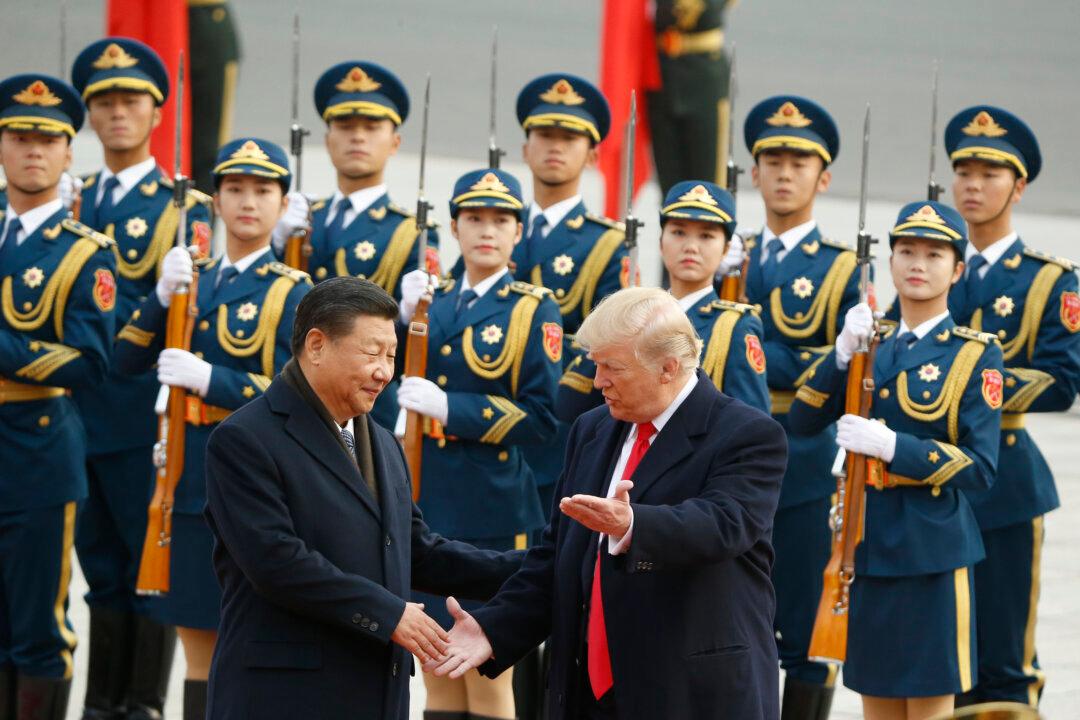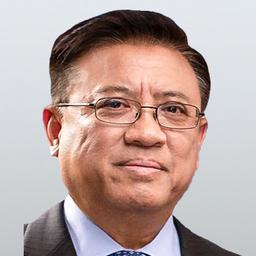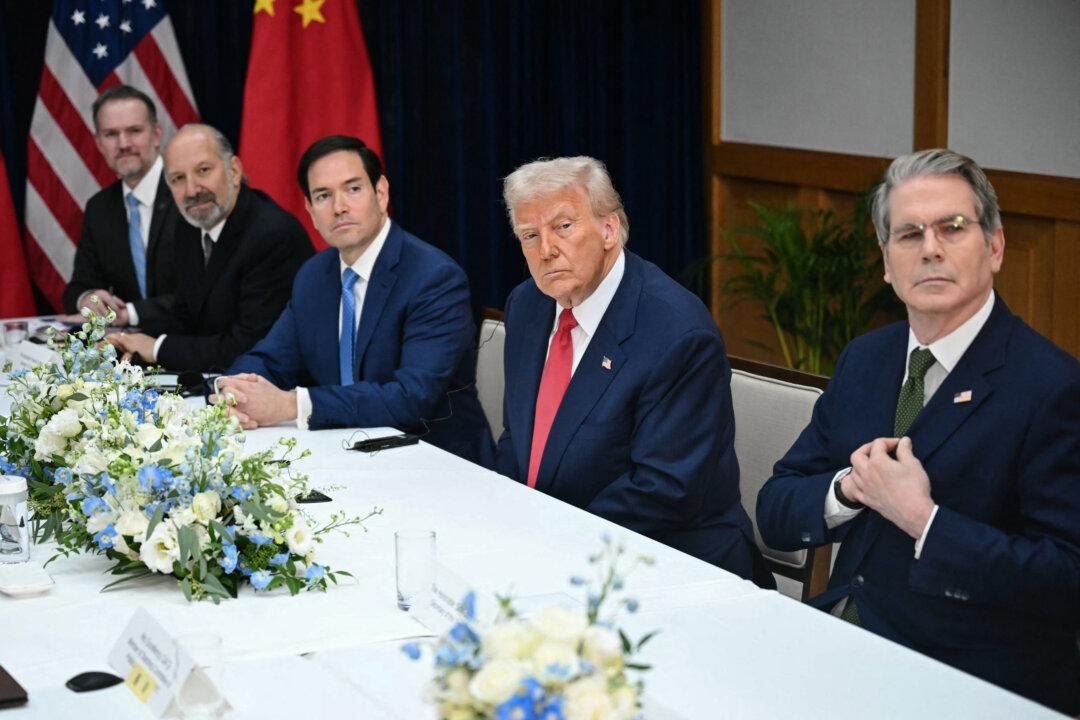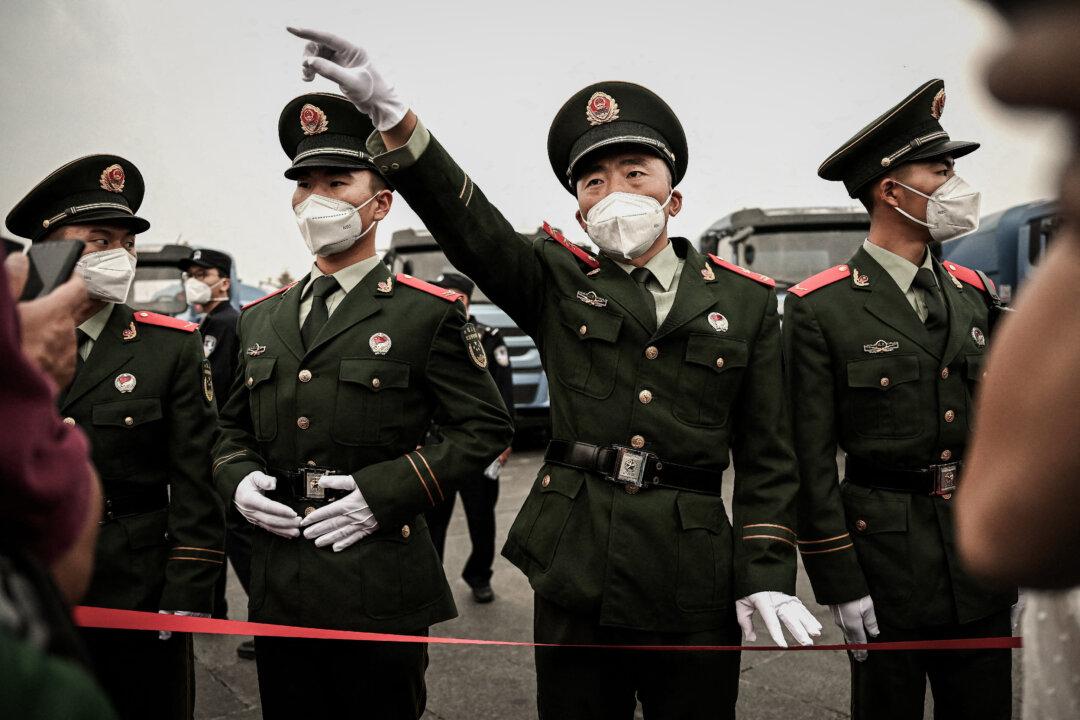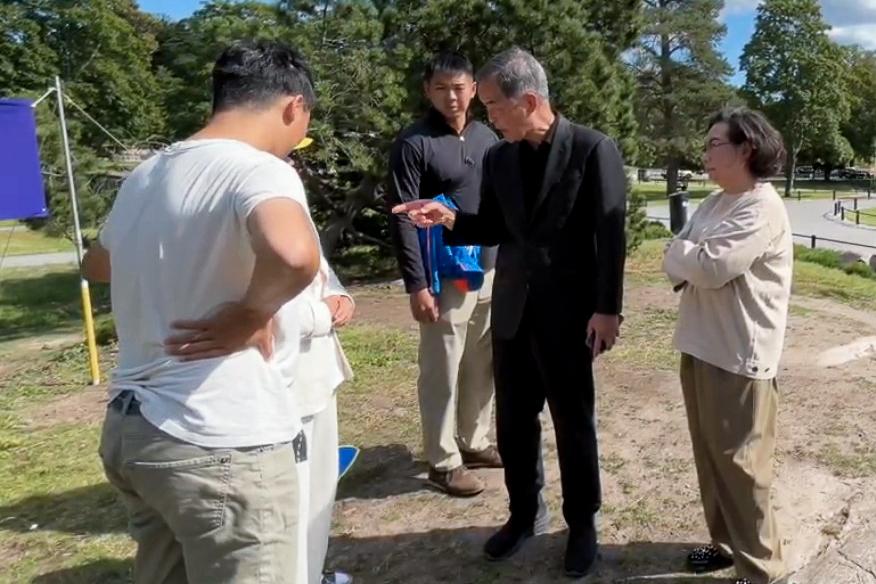With the world’s eyes on the Trump-Xi trade negotiations at the G20 Summit and the arrest of Huawei CFO Meng Wanzhou in Canada, a third event related to China—largely unnoticed by the international community—has grabbed readers in the overseas Chinese diaspora.
On the second day of the meeting between Chinese leader Xi Jinping and U.S. President Donald Trump, the pro-Beijing Duowei Magazine published an article with the headline “Xi Jinping Should Take Responsibility for the Extreme Leftism That is Tearing Apart China.”
